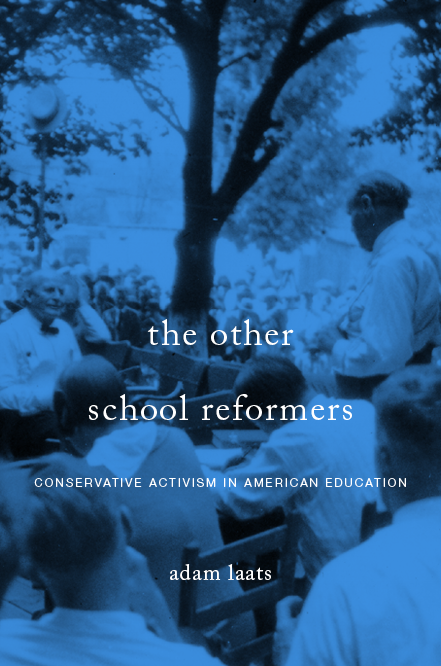What if I think my religion condemns homosexuality?
The US Constitution says the government must not interfere with my right freely to practice my religion. Does that mean I have a right to discriminate against homosexuals?
Thanks to liberal watchdog Texas Freedom Network, we see a case from San Antonio that forces us to confront this dilemma.
According to the San Antonio Business Journal, the Texas-based Liberty Institute has complained about a proposed city ordinance in San Antonio. The proposed ordinance would extend the city council’s non-discrimination rule to include sexual orientation and gender identity.
Conservative Christians have complained that this expanded rule would effectively prohibit them from the free practice of their religion.
Such issues often wend their way through education debates. For instance, religious conservatives in America have warned against the “homosexual agenda” in public education. In this CitizenLink video, for example, conservative Christian commentators explain the “sneaky” nature of pro-homosexual ideology in America’s schools. Conservatives have repeatedly scoured their school libraries and classrooms for books that cram a “gay is okay” message down the throats of unsuspecting schoolkids.
Thinking conservatives have complained that sexual orientation and gender identity are not simply the newest civil-rights issue. In cities with an anti-discrimination rule, would conservative opposition to homosexuality become illegal? Would conservative Christians find themselves forced to choose between the free practice of their religion and their observation of the law?
The San Antonio City Council has found itself in the thick of this dilemma. By proposing a ban on anti-gay discrimination, are they unintentionally proposing a ban on many conservative Christians? Are they trampling conservative constitutional rights in an effort to protect the rights of homosexuals?





Clare Flourish
/ August 11, 2013US v WIndsor, the recent DOMA case, may give you your answer. It relied on the due process clause of the Fifth amendment.
Adam Laats
/ August 11, 2013Clare, Right on. We could also say that San Antonio’s debate is a local version of the HHS flap a few months back. The question, I think, will be of interest in all sorts of cities and institutions for a while now. Will we as a culture expand our definition of unacceptable bigotry to include anti-homosexual notions? Will we as a society push such beliefs beyond the pale of acceptable thinking? And what does that mean for some traditionalist religious groups? In any case, schools will be an important field in which these debates will play out.
mlshatto
/ August 12, 2013I think we, as a nation, are now about at the stage of acceptability regarding acting on anti-homosexual views as where we were in the 1950’s on the acceptability of Jim Crow laws and attitudes as the whole system of racial segregation began to collapse. Legally, the line must be drawn between public and private accommodations. Those religious groups who remain firmly anti-homosexual have every right to maintain congregations where openly gay persons (I’m using the term “gay” to refer to the full spectrum of sexual minorities) are banned. But membership in such a congregation does not give the individual the right to discriminate in a secular workplace or other public arena.
Will our culture’s definition of unacceptable bigotry expand? Yes, it is already in that process. Will we as a society push such beliefs beyond the pale of acceptable thinking? Yes, over a period of decades we will, but there will always be hold-outs. Witness the Baptist minister who several months ago was subject to public shaming because he refused to marry an inter-racial couple. He had every right to take the action he did. No minister, priest, rabbi, imam, or other religious official can be compelled to perform a marriage that she or he does not approve. But the outcry denouncing his action was substantial and widespread.
Conservative leaders today get very defensive and in denial when advocates for inclusion of sexual minorities point out that their anti-homosexual religious arguments very closely mirror the religious arguments for maintaining slavery in the 19th century. Yet the parallels are unmistakable. Assuming that the United States survives another 200 years, I predict that the swing toward full acceptance and inclusion of homosexuals will continue to parallel the path that racial justice has taken. And anti-homosexual religious resisters will be viewed in the same way that the vast majority of the U.S. public now views the Klan, Christian Identity, and other religiously-based white supremacists.